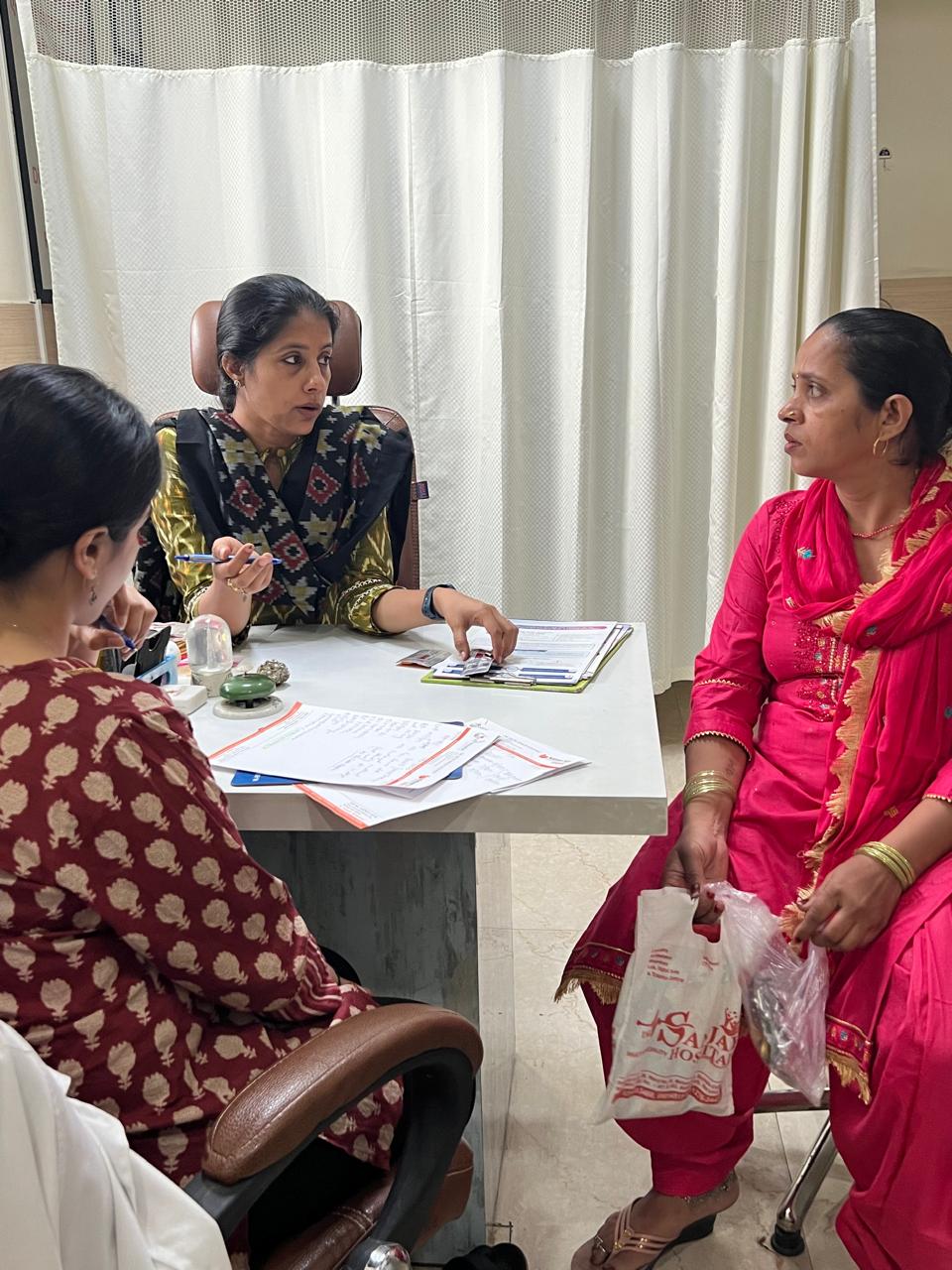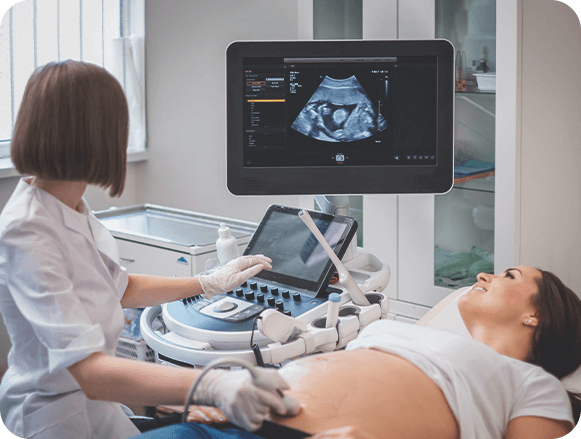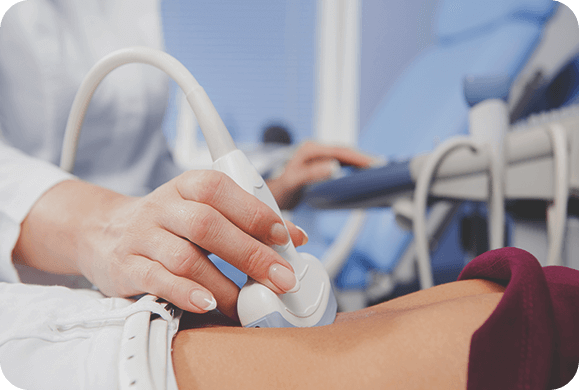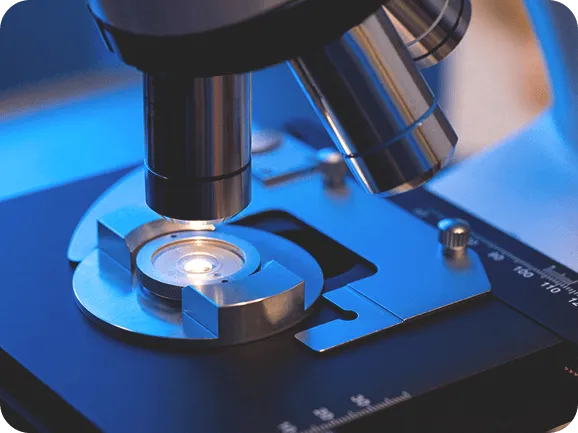Semen analysis
In 40-50% of couples, it turns out that the male spouse has an issue which causes or
contributes to infertility.
A sperm sample is taken for analysis which is done in a lab. An experienced andrologist will analyze
the semen to determine whether the sperm can successfully fertilize an egg. The number of sperms,
their health, and swimming ability are assessed. The andrologist assesses factors including sperm
count, motility, and form (morphology), among others. Based on these factors, the andrologist
assigns grades defined by the latest WHO criteria.



